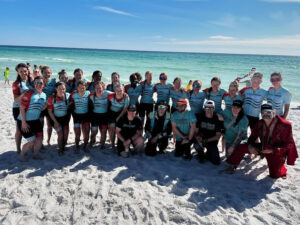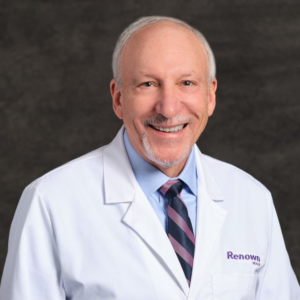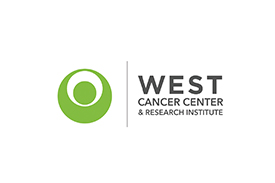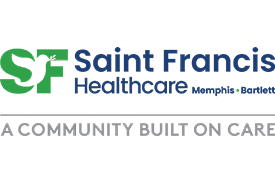Guest Post from Robert Donati
For many who assist the disabled, the pandemic has forced us to confront glaring problems in our healthcare infrastructure. Generally speaking, the Mid-South didn’t really have a comprehensive healthcare system going into the pandemic. We had patchworks of multiple healthcare systems, funded and managed by diverse sources. For Shelby County residents, access to care continues to range greatly depending on whether you have insurance, sufficient funds for copays/deductibles and transportation. It’s that last element, transportation, that I am passion about and am addressing with this post.
Shelby County is more fortunate than many of our surrounding neighbors. Patients without insurance have options to get primary care (and some specialty care) on a sliding scale (very reduced price) at nonprofit facilities. These are important resources, and we are fortunate to have them. Unfortunately, accessing care at these facilities can be daunting for someone that is unemployed because of a health condition.
For those of us fortunate enough to own a vehicle, it can seem odd that actually getting to an appointment can be the hardest part of accessing healthcare. Unfortunately, it is the reality. If you live too far away from a bus route and have a condition that affects your ability to walk for long distances, you are effectively stranded. Moreover, because of the county’s sprawling layout and underfunded public transit system, the bus system can be extremely cumbersome. There are many trips using our transit system that can necessitate a transfer (or two) and can take 6 + hours to get from one part of the county to the other. Of course, that was before Covid caused occupancy restrictions and created the possibility that someone simply could not take the bus on a given day.
In theory, there should be other transportation options open to those with serious health issues. For instance, TennCare (Tennessee’s version of Medicaid) has a transportation option available to some of its insured. Tragically though, our state has never taken the Medicaid expansion funds, so our program is more limited here than in neighboring states like Arkansas or Kentucky. For instance, a Tennessean may qualify for TennCare if diagnosed with breast or cervical cancer, but these are the only cancers that trigger eligibility. Need help getting to and from treatments after undergoing a colon resection brought on by colorectal cancer? You won’t get insurance from TennCare, and you certainly won’t receive transportation assistance.
If you have TennCare, the transportation benefit is not as effective as it could be. For instance, recipients may be denied transportation where someone in the home has a vehicle. A disabled individual may need to ask a family member to take off work (usually unpaid leave) in order to transport them to and from doctor visits because the recipient was deemed to have transportation.
One of the things I learned quickly as a disability attorney was how challenging it can be for someone without a vehicle to get to their treatment site. Indeed, multiple times a year, my “legal advice” for a session involves researching low-cost clinics on Google Maps until I find one that a client can safely and efficiently get to the appointment. Sadly, I have become proficient at calling my clients’ family members and guilting a young niece or nephew to take their aunt to her follow up appointment. Though I’m happy to do this, the fact that an attorney is making this call is proof a system is not working.
Having lived these unfortunate situations with my clients, I was excited to learn of West Cancer Foundation’s pilot transportation program. Their goal is to ensure that cancer patients in our community can rely on them to provide them safe and free access to transportation to get to and from their appointments.
Through West Cancer Foundation’s transportation program, cancer patients or their caregivers will be able to contact the foundation to request assistance. The foundation work with the patient or caregiver to assess the need and arrange transportation based on that specific patients’ location, timing, and accessibility needs. The foundation will then help to ensure that patient has a safe and successful ride to and from their oncology appointment. All of these services are available to patients with financial need free-of-charge thanks to the generosity of West Cancer Foundation donors. No one should have to forgo cancer treatment simply because they do not have a ride. A simple ride can be truly lifesaving.
This program is much needed and can make an impact on patients’ lives. It is a critical part of a cancer patient’s outcome. The attorneys at Donati Law are proud to contribute to this worthwhile program to help the most vulnerable in our community. Please join us and make an investment in this program that is filling a void in the community and truly making a difference in a cancer patient’s life.
 Robert Donati is a certified National Board of Trial Advocacy (NBTA) disability law specialist who handles disability matters at all levels of appeal. His passion is for helping those who struggle with health issues. Whether harmed in an accident, seeking a reasonable accommodation from an employer or trying to get help from the Social Security Disability program.
Robert Donati is a certified National Board of Trial Advocacy (NBTA) disability law specialist who handles disability matters at all levels of appeal. His passion is for helping those who struggle with health issues. Whether harmed in an accident, seeking a reasonable accommodation from an employer or trying to get help from the Social Security Disability program.
(901) 278-1004
www.donatilaw.com
www.facebook.com/DonatiLaw
















